Baking or Cooking: Which Kitchen Skill Comes Out Top?
Baking and cooking represent two distinct yet complementary culinary arts that transform raw ingredients into delicious meals.
The key difference lies in their basic techniques - baking typically uses dry heat in an enclosed space, while cooking often happens on stovetops with varied methods.
Most home chefs develop preferences between these approaches based on their personality and desired outcomes.
Some people enjoy the precise measurements and scientific nature of baking perfect pastries.
Others prefer the creative freedom that comes with adjusting cooking recipes on the fly.
Both methods have ancient origins dating back thousands of years across numerous cultures worldwide.
The wonderful world of food preparation awaits you with endless possibilities to create memorable meals for family and friends.
The Overview of Baking & Cooking
Cooking and baking have some key differences worth understanding. Both methods create delicious food, but they require different approaches - baking demands precision while cooking rewards creativity and spontaneity.
Cooking
Cooking is a fundamental daily activity for people worldwide, involving the use of heat to transform raw ingredients into safe, edible meals. This practice dates back over 2 million years, when early humans first harnessed fire to cook food, a development that played a key role in human evolution.
Over time, cooking methods have diversified globally, shaped by regional traditions and cultural exchanges. Common cooking techniques include roasting, steaming, boiling, frying, stir-frying, deep-frying, simmering, smoking, barbecuing, microwaving, and baking.
Each method affects food differently, like changing texture, flavor, and appearance. For instance, eggs firm up when cooked, while vegetables soften.
Cooking styles also depend on ingredients, seasonings, and tools, and mastery often requires practice and experience.
Baking
Baking, a subset of cooking, uses dry heat, often from an oven, to transform raw dough or batter into delicious treats. This method has ancient roots, dating back to Ancient Egypt around 2600–2100 BC, where yeast was used in bread-making.
The oldest known oven, discovered in Croatia, is over 6,500 years old. Bread baking flourished with the Greeks and Romans, eventually becoming a staple and evolving into pastries and other baked goods.
Baking produces a wide variety of foods beyond bread, including cookies, muffins, pies, bagels, and pizzas. Heat penetrates baked goods from the outside in, creating a firm crust and soft interior.
The oven can also roast meats, fish, and vegetables - at higher temperatures, this is considered roasting rather than baking.
Understading the Differences between Baking and Cooking
Baking and cooking differ in several key ways that make each approach unique. Here are details of these differences.
| Category | Baking | Cooking |
| Equipment & Ingredients | Requires specialized tools like ovens, rolling pins, dough mixers, measuring cups, and whisks; uses ingredients such as flour, yeast, baking powder, and baking soda. | Utilizes various heating equipment such as stoves, grills, deep-fryers; ingredients include a wide range of spices, seasonings, pots, pans, and knives. |
| Final Products | Produces baked goods like bread, cakes, cookies, muffins, pastries; can also bake meat, fish, and vegetables for unique textures. | Covers a broad range of dishes from simple boiled vegetables to complex meals requiring direct heat (stove, grill). |
| Precision Requirement | Baking is a science requiring exact measurements, precise temperature, time, and humidity control to avoid failure. | Cooking allows more flexibility and improvisation; creativity is encouraged, though basic hygiene and temperature control are important. |
| Popularity | Less common daily due to equipment cost and complexity; varies by region and culture. | More common daily activity worldwide; easier to start with minimal equipment and skills. |
Equipment And Ingredients Used
Baking and cooking kitchens look noticeably different at first glance. Bakers need ovens for indirect, dry heat while cooks rely on various heating tools like stoves, grills, and deep-fryers.
Most baking stations feature rolling pins, dough mixers, measuring cups, and whiskers, whereas cooking areas contain pots, pans, and different knife sets. Flour dust scattered around is a telltale sign of a baker's domain, along with ingredients like yeast, baking powder, and baking soda.
Cooks typically surround themselves with numerous spice jars and seasoning containers. Many people don't realize that baking techniques work wonderfully on meat, fish, and vegetables too, creating unique textures impossible with other cooking methods.
These differences are just the beginning - the more specialized someone becomes in either discipline, the more distinctive their equipment and ingredient collections grow.
Final Products
Baking primarily produces foods made from doughs or batters that rely on dry heat, usually from an oven, to transform raw ingredients into structured, often risen, and textured items. Common baked goods include bread, cakes, cookies, muffins, and pastries.
These items typically develop a firm outer crust with a soft, airy interior due to leavening agents and precise heat application. Baking can also be used for meats, fish, and vegetables, giving them distinctive textures and flavors that are difficult to replicate with other methods.
In contrast, cooking encompasses a wide variety of techniques involving direct or indirect heat from stoves, grills, or open flames. The final products of cooking are highly diverse, ranging from simple boiled vegetables to complex, multi-ingredient dishes like stews, stir-fries, and grilled meats.
Cooking often changes the texture, flavor, and appearance of ingredients in ways that baking does not; for example, vegetables may become soft and tender, while meats can be seared or caramelized. Unlike baking, cooking allows for greater improvisation and variation, resulting in an endless array of dishes suited to different tastes and cultures.
Precision Requirement
Baking stands out as a precise science within cooking due to its strict requirements for accuracy. For beginners, the journey often includes facing sad undercooked lumps or completely burnt disasters before skills improve through practice.
Unlike baking, regular cooking allows for much more flexibility and creative expression after mastering basic hygiene rules. Temperature remains important to prevent raw or overdone food, but most other aspects welcome personal touches and adjustments based on taste preferences.
This freedom to experiment makes cooking feel more like an artistic expression than a technical process. Through continuous experimentation and successful improvisation, your cooking skills naturally develop and expand over time.
The constant opportunity to create new flavor combinations gives cooking its reputation as both a practical skill and creative outlet that rewards personal expression.
Popularity
Cooking stands as one of our daily routines that nearly everyone participates in at some point. Most people cook multiple times throughout their lives, and this practice dates back much further than baking, giving it widespread popularity.
The simplicity of cooking makes it more accessible since it doesn't require expensive equipment or extensive experience to begin. For many households, baking necessitates an oven purchase, which represents a significant investment not everyone can afford.
Regional factors also influence these food preparation methods, as certain countries incorporate baked goods into their main meals while others serve them merely as accompaniments.
The Culinary Path: Essential Insights for Aspiring Chefs
Jumping into cooking might seem easier than baking, but making it your job comes with real challenges. Professional kitchens demand speed, consistency, and the ability to handle criticism while standing for hours in hot, cramped spaces.
So before committing to this path, spend time in a commercial kitchen to see if the reality matches your expectations.
Career Available
Cooking careers offer many exciting paths in today's food world. New dining spots constantly need fresh talent to lead their kitchens, while catering services provide another money-making option for food lovers.
With proper training, jobs as a gourmet chef or personal cook for wealthy clients become possible. Food scientists also need people who understand cooking techniques to develop new products.
Nutrition experts combine health knowledge with meal preparation skills to help others eat better. Many ambitious cooks dream of running their own places, and some success stories began with simple food trucks before growing into multiple restaurants.
Is It Crucial to Go to Culinary School?
Becoming a top chef doesn't always require formal education, though having a degree can boost your chances at fancy restaurants and hotels by proving your skills. Many chefs start in smaller eateries and gradually climb up the career ladder, which gives real-world experience while saving money on education costs.
If school seems right for you, culinary programs offer training under expert chefs who teach essential hands-on techniques, with programs lasting anywhere from two months to three years. The learning journey never truly ends for serious chefs who constantly refine their craft.
For those dreaming of running their own kitchen someday, business knowledge and entrepreneurial drive are just as important as cooking talent to make a restaurant successful.
Which Is Easier to Learn: Baking or Cooking?
It depends on what you mean by “easier,” but for most people cooking has a gentler learning curve than baking. Cooking lets you taste as you go, adjust seasonings, and improvise. For example, if a sauce is too salty you can dilute it, if veggies need more time you can keep them going.
However, baking is more like chemistry: ratios, temperatures, and timing matter, and there’s less room for on-the-fly fixes; a mis-measured flour or overmixed batter can noticeably change the result. That said, basic baking (like cookies or simple muffins) can be learned fairly quickly with a good recipe, and cooking fundamentals (knife skills, seasoning, heat control) also take practice.
So, to sum up, if you enjoy experimenting and adjusting, cooking feels more forgiving; if you like precision and following a clear path, baking is an ideal choice once you get the rules down.
The Evolution of Baking and Cooking Through History
Baking and cooking have evolved side by side for thousands of years, shaped by climate, culture, technology, and trade. Cooking, in its earliest form, began with the discovery of fire over 1 million years ago.
Early humans used open flames to roast meat, increasing its digestibility and nutritional value. As societies developed, cooking methods diversified- boiling in clay pots, fermenting, steaming, and frying became widespread.
Regional ingredients and climate led to rich culinary identities, like the use of spices in Indian cooking or steaming in East Asia.
Baking came later, emerging around 6,000 B.C. in the Middle East when people began using hot stones and clay ovens to cook bread.
Ancient Egyptians advanced the art with leavened bread and rudimentary ovens, while the Greeks introduced enclosed baking chambers. Romans refined commercial baking, creating public bakeries and specialized baked goods.
In the Middle Ages, baking became associated with status; nobles had access to refined flour and sweet pastries, while the lower classes relied on coarse breads.
The Renaissance and Industrial Revolution dramatically advanced both baking and cooking.
The development of temperature-controlled ovens, metal cookware, and precise measuring tools brought consistency to baking.
Budgeting for Baking vs. Cooking
Baking typically requires a higher upfront investment due to the need for specialized equipment like ovens, mixers, and precise baking tools. Ingredients for baking can be more specific and sometimes costly, especially for artisan-quality products.
Energy costs may also be higher because baking often involves longer cooking times at controlled temperatures. Cooking is generally more budget-friendly, using common kitchen tools like pots, pans, and stoves that most households already have.
It offers greater flexibility with ingredients, allowing you to choose seasonal or affordable options and adapt recipes easily. Overall, baking demands more initial investment, while cooking is usually easier to fit into a tighter budget.
Got Questions? We’ve Got Solutions
1. Is baking more precise than cooking?
Yes, baking requires exact measurements and ingredients since it's a chemical reaction. Small changes can affect the outcome. Cooking allows more flexibility to adjust flavors and ingredients as you go.
2. Which is easier to learn, baking or cooking?
Cooking is generally easier for beginners because you can taste and adjust throughout the process. Baking requires understanding specific techniques and following instructions precisely before seeing results.
3. Do I need special equipment for baking?
Basic baking requires some specific items like measuring cups/spoons, mixing bowls, baking pans, and an oven with reliable temperature control. Cooking can often be done with just a pot, pan, and heat source.
4. Can I substitute ingredients more easily in cooking or baking?
Substitutions work better in cooking where you can adjust seasonings and components based on taste. In baking, substitutions can significantly change texture and structure unless you understand how ingredients function chemically.
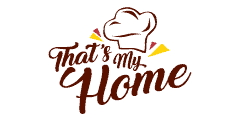
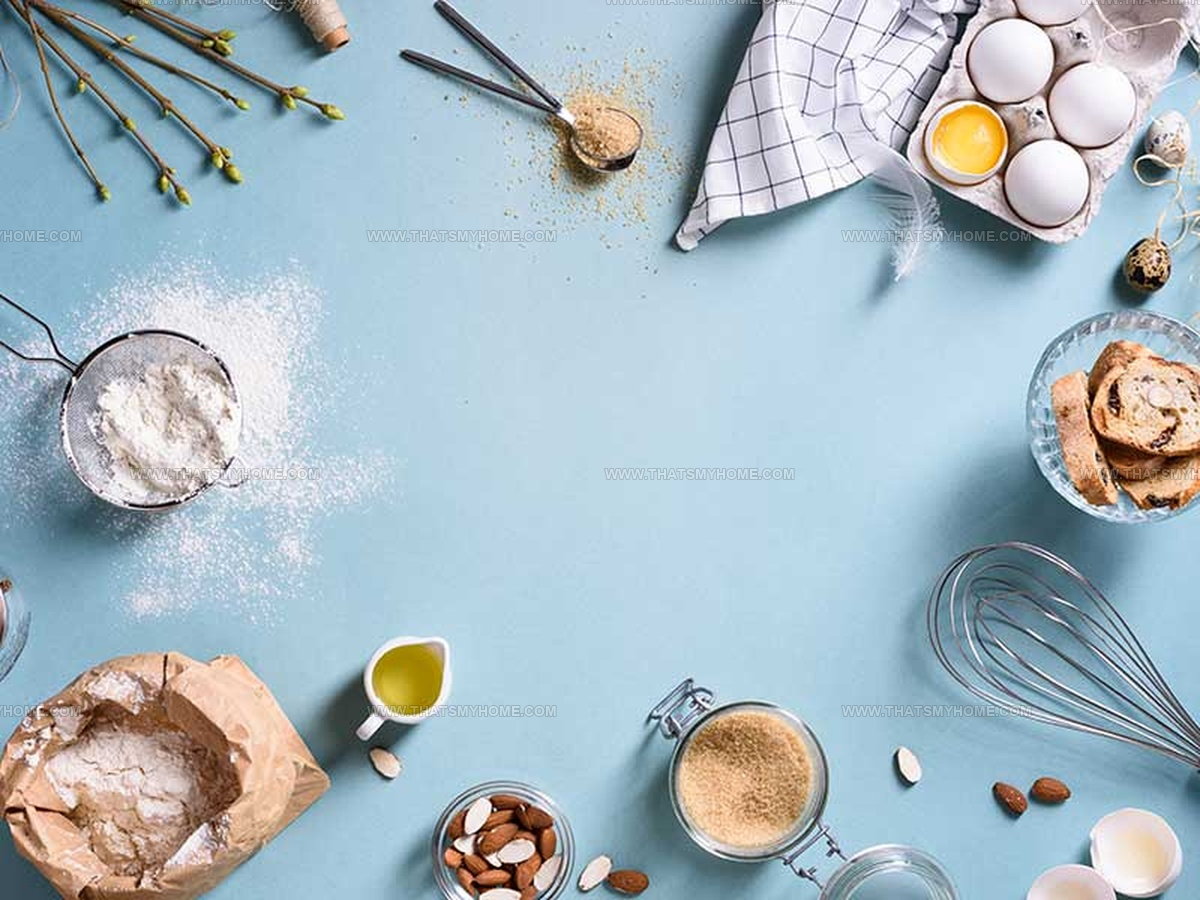
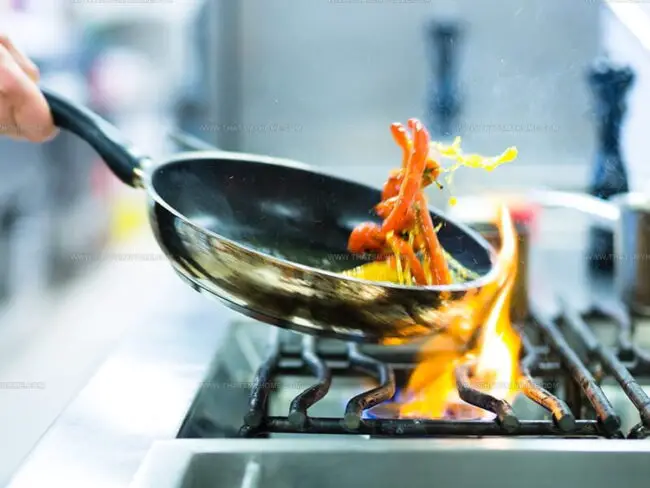
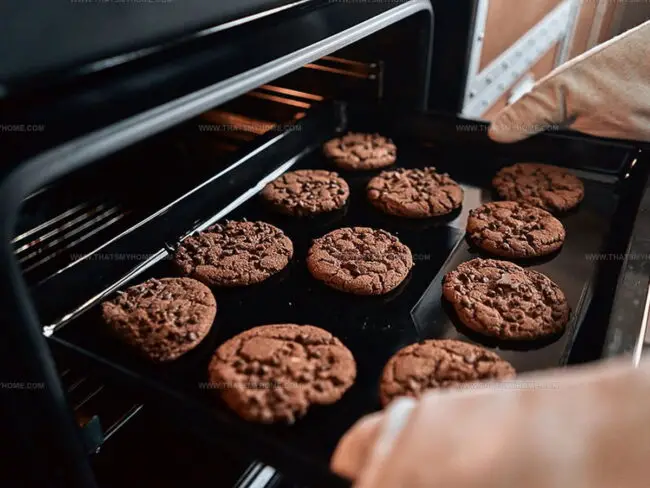
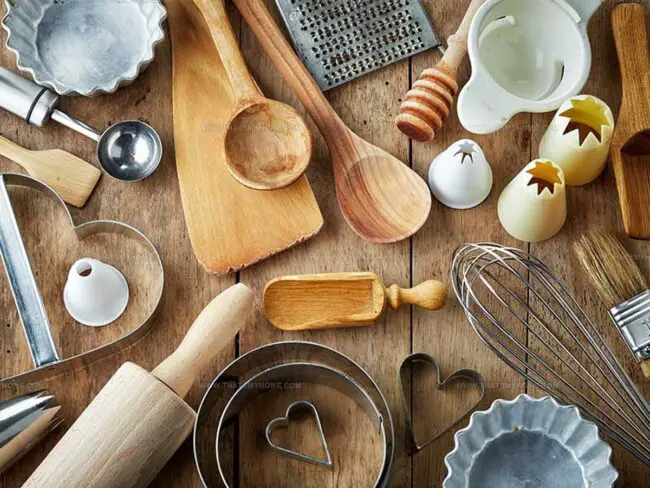
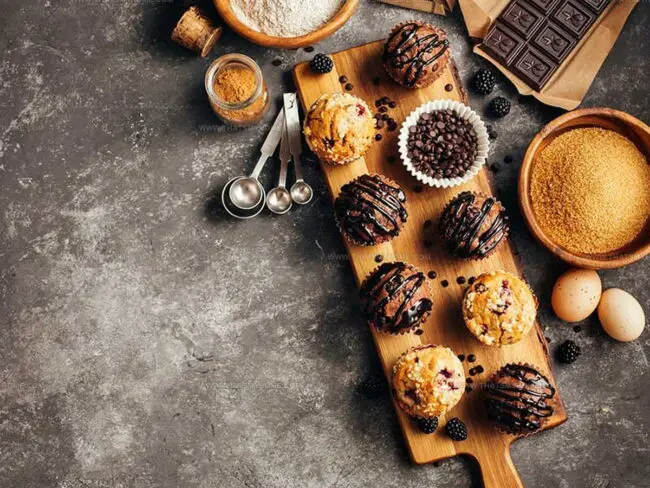
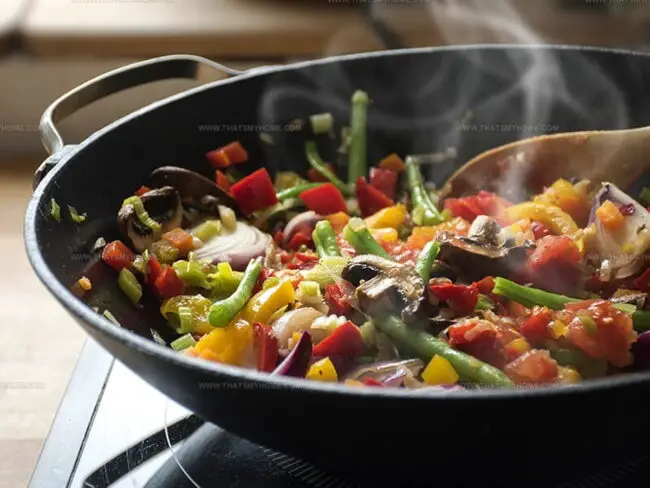
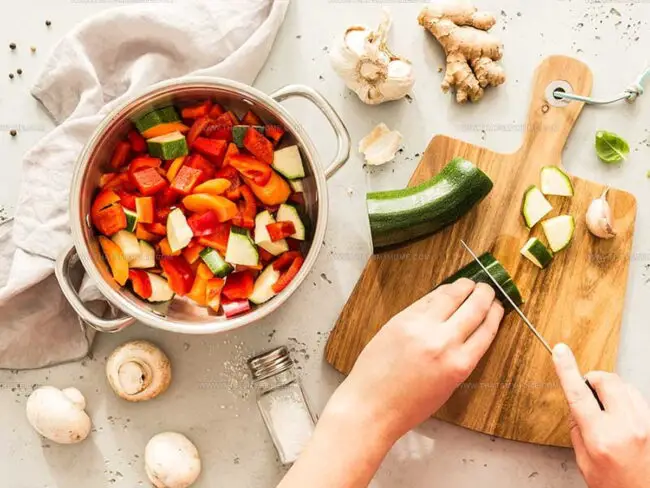
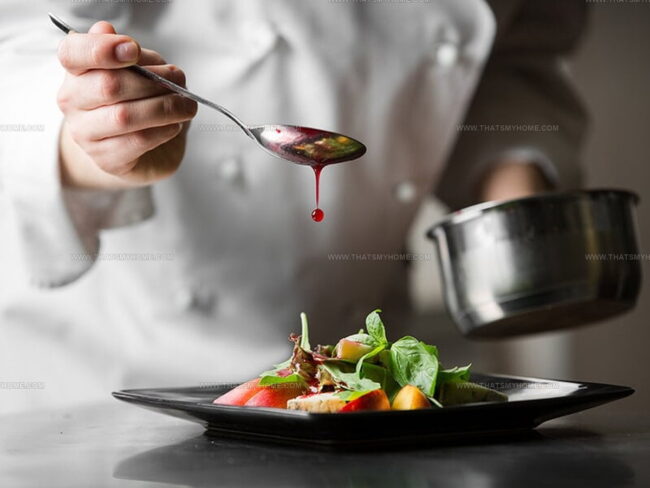
Mary Ellen
Expertise
Education